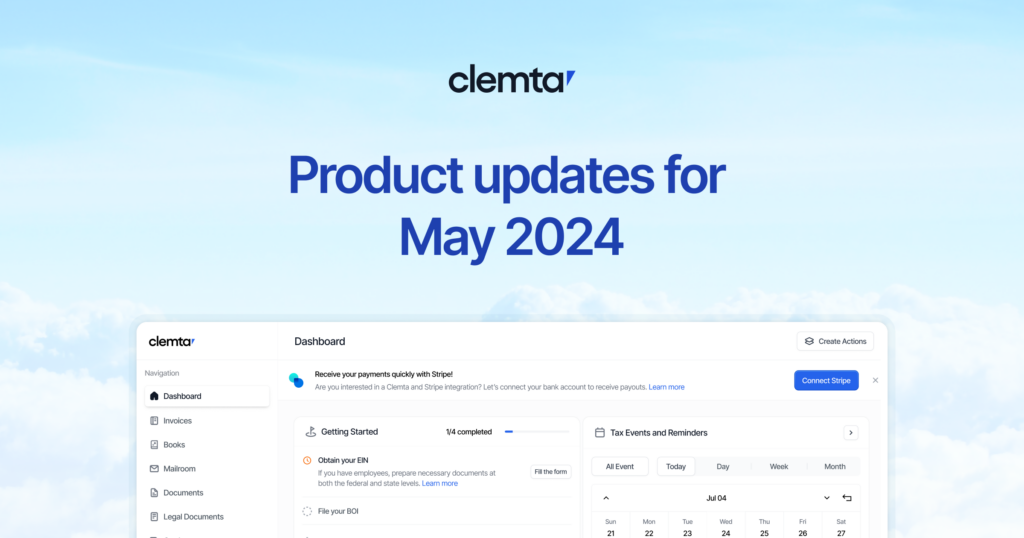The Section 83(b) election is a vital tax provision under the Internal Revenue Code (IRC) that can significantly impact your financial strategy as a startup founder or employee. It offers the option to pay taxes on the fair market value of restricted stock at the time they are granted, rather than when they vest.
Understanding Restricted Stocks and Vesting
When you incorporate your business and grant restricted stocks, these shares are typically subject to a vesting schedule. This means that you gradually acquire your corporation’s equity over time. During the incorporation phase, and importantly throughout the post-incorporation phase, various crucial aspects, including tax efficiency, must be managed carefully. Opting for prior taxation via a Section 83(b) election can be particularly advantageous if the stock’s value increases over time.
The Basics of Section 83(b) Election
If you’re part of the founders’ pool within your corporation’s ownership structure and you own a portion of restricted stocks, you may face taxation either in the year the stock is issued or when it is fully vested. Given the potential appreciation of stock value, taxes can rise significantly due to both the increased value and the progressive nature of income tax rates.
The highest income tax rate can reach up to 37% at the time of vesting. Such a high rate could significantly reduce your returns. However, filing a Section 83(b) election allows for prior taxation, declaring the election at the initial granting of the restricted shares.
Advantages of Filing a Section 83(b) Election
By making this election, you can pay income tax on the restricted stocks at the time they are granted rather than when they vest. This can be particularly beneficial if the initial value is low compared to the anticipated value at vesting or sale. The potential benefit lies in maximizing the gap between the initial taxable value and the value at sale/exit, which allows you to take advantage of the long-term capital gains tax rate, typically capped at 20%, compared to the maximum ordinary income tax rate of 37%.
Therefore, with the long-term capital gains tax, you pay taxes based on the price increase between the grant and sale dates at a rate of 20%, potentially saving substantial amounts over time.
Deadlines and Filing Requirements
It’s crucial to note that there are strict deadlines for the Section 83(b) election. It must be filed within 30 days following the initial grant of the restricted stocks. Neglecting this deadline means you forfeit the advantage of the election, potentially resulting in higher taxes.
Specific IRS forms are required for filing this election and many other post-incorporation opportunities. Understanding and keeping track of these deadlines are essential for maintaining efficient financial operations in your business.
How Clemta Can Assist You
Navigating the post-incorporation landscape, including the filing of Section 83(b) election, can be complex. At Clemta, we offer comprehensive consultancy services to assist you during your incorporation and post-incorporation processes.
You can visit our website to explore our services and easily add the required options to your cart with just one click. Let Clemta handle the rest while you focus on growing your business.
Conclusion
The Section 83(b) election is an important tool for startup founders and employees with restricted stock. By proactively handling the timing of your tax obligations, you can potentially safeguard your wealth from high taxation rates. If you’re considering this election, consulting with a professional team like the one at Clemta may ensure you make the best decisions for your financial future. Visit our website today to learn more about how we can support your business journey.








